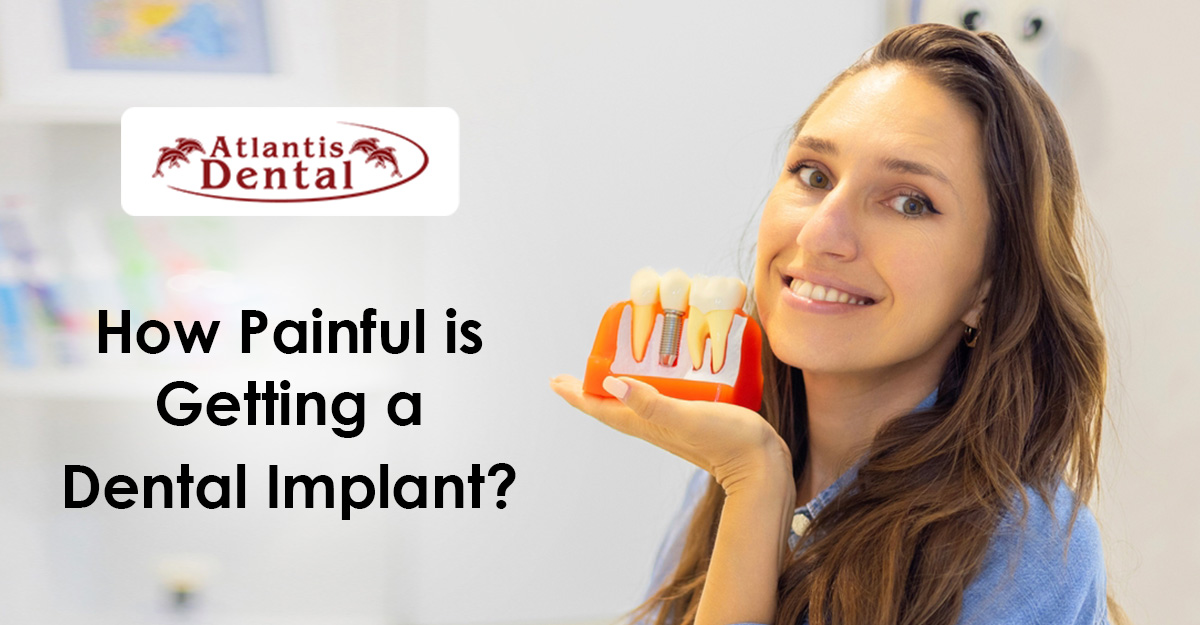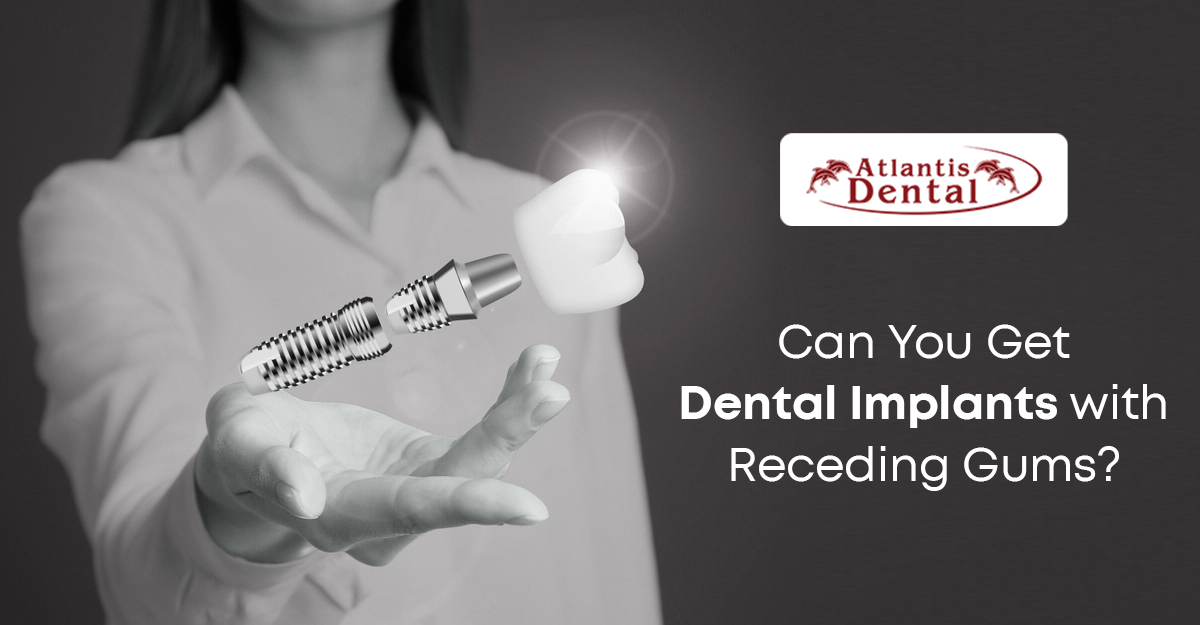Dental implants are a popular choice for replacing missing teeth due to their durability and natural appearance. While they have a high success rate, it’s essential to be aware of the potential risks, including the possibility of infection. Understanding these risks and taking preventative measures can ensure your implants remain healthy and functional.
If you have dental implants or are considering them, get in touch with a professional team to ensure your implants are healthy. At Atlantis Dental Care, we offer expert consultations and personalized care to help you maintain your implants for years to come.
What Causes Dental Implant Infections?
Dental implant infections, also known as peri-implantitis, occur when bacteria invade the tissue around the implant. This can lead to inflammation and, if untreated, can compromise the stability of the implant.
Common causes of dental implant infections include:
- Poor Oral Hygiene: Inadequate brushing and flossing can lead to plaque buildup, increasing the risk of infection.
- Smoking: Tobacco use impairs healing and increases the risk of infections around the implant site.
- Pre-existing Conditions: Conditions like diabetes or immune disorders can affect healing and increase susceptibility to infection.
- Surgical Complications: In rare cases, surgical errors or contaminated materials can introduce bacteria during the implant procedure.
- Residual Cement: Excess dental cement from crowns can sometimes be left behind, providing a breeding ground for bacteria.
Symptoms of an Infected Dental Implant
Identifying an infection early is crucial to prevent further complications. Some common symptoms of an infected dental implant include:
- Redness and Swelling: Inflammation around the implant site can indicate an infection.
- Pain or Discomfort: Persistent pain, especially when chewing, may be a sign of an infection.
- Pus or Bleeding: Discharge from the implant site should be evaluated by a dental professional.
- Loose Implant: An infection can compromise the stability of the implant, causing it to feel loose or wobbly.
- Foul Taste or Odor: A bad taste or smell in the mouth can indicate the presence of an infection.
How to Prevent Dental Implant Infections
Preventing infections is paramount to the success of dental implants. Here are some tips to minimize the risk:
- Maintain Good Oral Hygiene: Brush at least twice a day and floss daily to remove plaque and prevent bacterial buildup.
- Regular Dental Check-ups: Regular visits to your dentist for professional cleanings and examinations can catch potential issues early.
- Avoid Smoking: Quitting smoking can significantly reduce the risk of implant failure and infection.
- Follow Post-Surgical Instructions: Adhering to the dentist’s aftercare instructions is crucial for proper healing.
- Monitor for Symptoms: Be vigilant about changes around the implant site and report any concerns to your dentist immediately.
Treatment Options for Infected Dental Implants
If an infection does occur, prompt treatment is essential to save the implant. Treatment options may include:
- Antibiotics: Medications can help control the infection and reduce inflammation.
- Surgical Intervention: In severe cases, surgical debridement may be necessary to remove infected tissue.
- Implant Removal: If the implant is severely compromised, removal may be required, followed by a period of healing before re-implantation.
Why Choose Atlantis Dental Care for Your Dental Implants?
At Atlantis Dental Care, we prioritize patient safety and satisfaction. Our experienced team utilizes the latest technology and techniques to ensure successful implant procedures with minimal risk of infection. We provide personalized care, from initial consultation to post-surgical follow-ups, to help you maintain optimal oral health.
Our state-of-the-art facility and commitment to patient education set us apart. We take the time to explain each step of the implant process and offer guidance on how to care for your implants to prevent infections.
Conclusion
While dental implants can occasionally become infected, understanding the causes and symptoms can help you take proactive measures to prevent them. With proper care and regular dental check-ups, you can enjoy the benefits of dental implants for years to come.
If you are considering affordable dental implants or need expert care for existing ones, contact Atlantis Dental Care today. Our dedicated team is here to provide you with the highest quality care and ensure your dental implants stand the test of time. Visit Atlantis Dental Care to learn more about our services and schedule your consultation.




